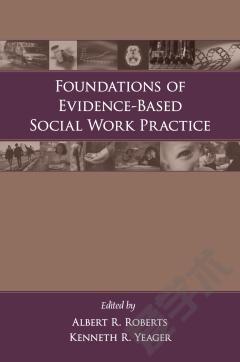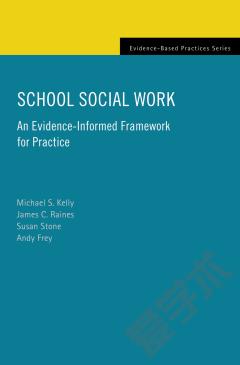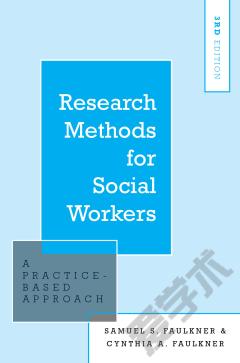Foundations of Evidence-Based Social Work Practice
This concise introduction to evidence-based social work practice culls the most salient chapters from the interdisciplinary Evidence-Based Practice Manual to form a student-friendly overview of the issues and interventions they will encounter throughout their BSW or MSW program. Part I defines terms and critical issues, introducing students to the language and importance of evidence-based practice and critical thinking. Chapters will explain how to search for evidence, how to evaluate what evidence really is, how to ask the right questions, how to develop standards, and how practitioners make use of research. Part II consists of practical applications, with each chapter focusing on a particular intervention or population. Topics include cognitive-behavioral approaches to suicide risks, manualized treatment with children, treating juvenile delinquents, and interventions for OCD, anxiety disorders, substance abuse, PTSD, depression, and recovery. Several chapters from the special edition of Brief Treatment & Crisis Intervention on evidence-based practice as well as two original chapters round out this much-needed introduction to evidence-based social work practice.
{{comment.content}}








 京公网安备 11010802027623号
京公网安备 11010802027623号